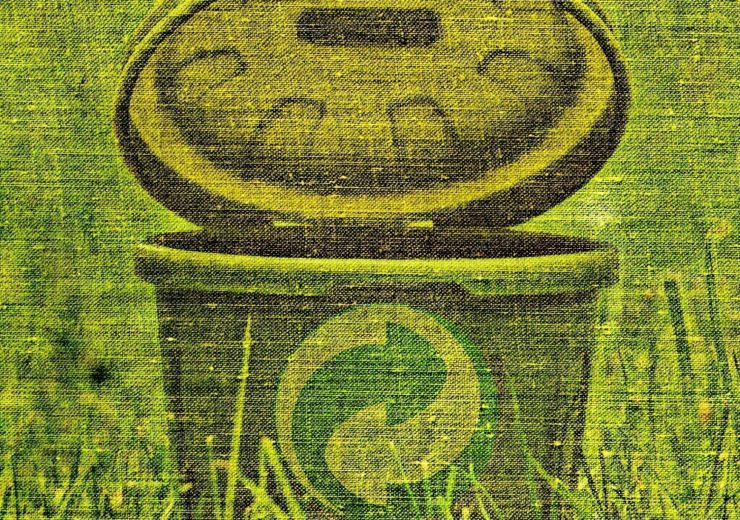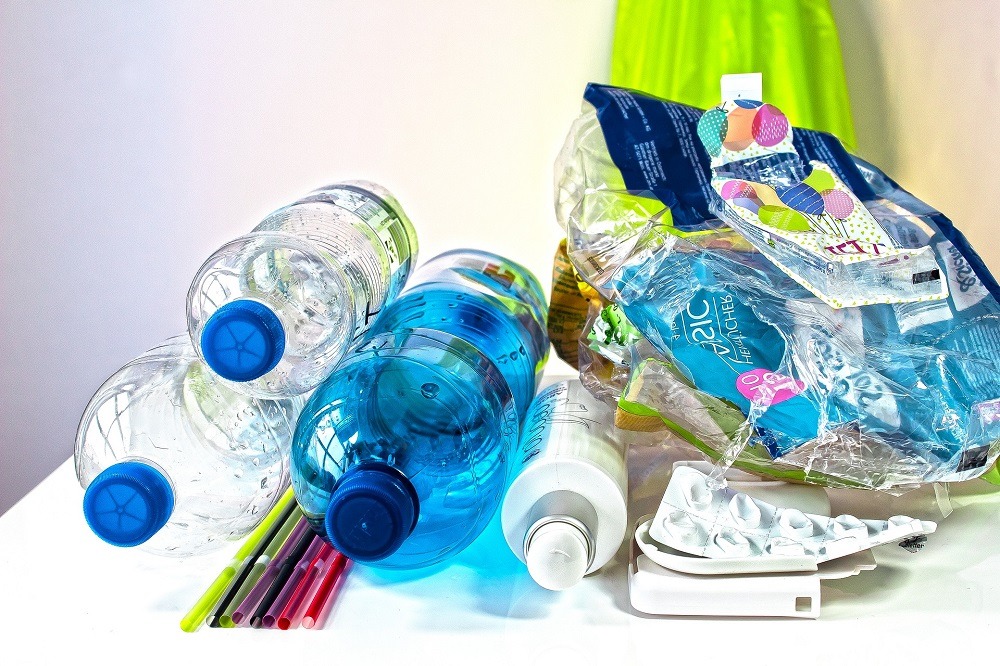An important reason highlighted as to why improved re-use and recycling management is likely to be seen in the Europe is due to stricter export rules

As part of its Single-Use Plastics Directive, the EU has set a 90% collection target for plastic bottles by 2029 (Credit: Pixabay)
An improvement of more circular and climate-friendly business models, alongside policies to boost re-use and recycling will help to tackle the growing problem of waste in Europe, according to two briefings published by the European Environment Agency (EEA) this week.
These reports provide an assessment of the role of plastic waste exportation within the circular economy and a snapshot of resource losses from waste management.
An area the organisation believes provides an opportunity for an improved re-use and recycling system is through recent legislation designed to ban plastic waste exports.
As of early 2019, 150,000 tonnes were exported from the EU a month, around half of the amount in 2015 and 2016, when waste was primarily sent to China, which has since implemented stricter bans on waste imports.
The EEA said: “These bans and restrictions and a shrinking international market for plastics will likely increase landfilling and incineration in the short-term, but should also trigger investments in capacities and systems to increase recycling and re-use of plastic waste.
“The EEA briefing on exports of plastic waste shows there is huge potential to increase re-use and recycling in the coming years.
“Reusing and recycling plastic waste could provide a large amount of material resources for local manufacturers.”
Lack of re-use and recycling in Europe due to limited capacity to manage the growing amount of plastic waste
Despite strict rules coming into place in China and the EU, where exporting plastic waste from EU to non-EU countries for disposal is prohibited by EU-law, a significant proportion of materials are still being sent to be managed in other countries.
The EEA says one of the biggest factors is because the Europe lacks the capacity to manage its own waste.
This is added to the fact that there is a demand for imports in some regions, such as Asia where large amounts of plastic waste have economic value.
Along with this, these nations don’t have the same rules and regulations for waste treatment as in the EU, which means plastic can be managed in a less controlled way.
If plastic waste is mismanaged it can result in pollution, with 80% of ocean plastic estimated to come from land-based resources.

The EU have brought in legislation to help to reduce the amount of plastics produced on the continent, with its flagship policy being the Single-Use Plastics Directive.
Voted on by the European Parliament in March, measures include the reduction of consumption of food containers and beverage cups made from plastic, and a 90% collection target for plastic bottles by 2029.
The EU’s commissioner for environment, maritime affairs and fisheries Karmenu Vella said: “We should all be very proud of these new rules because they tackle marine plastic pollution at its source — one of the most called for and supported EU initiatives among European citizens.
“After the favourable vote by the parliament, our main task will be to ensure that these ambitious measures are quickly implemented in practice, which will be common work for public authorities, producers and consumers alike.”
The EEA say the implementation of this directive, alongside the EU Plastics Strategy — which aims to ensure that all plastic packaging is recyclable by 2030 — will see a reduction of plastic waste with low-value and high environmental impact.
It also believes an improvement in quality of plastic waste will be seen, in order to enable a more environmentally and economically sustainable management system in the EU.
